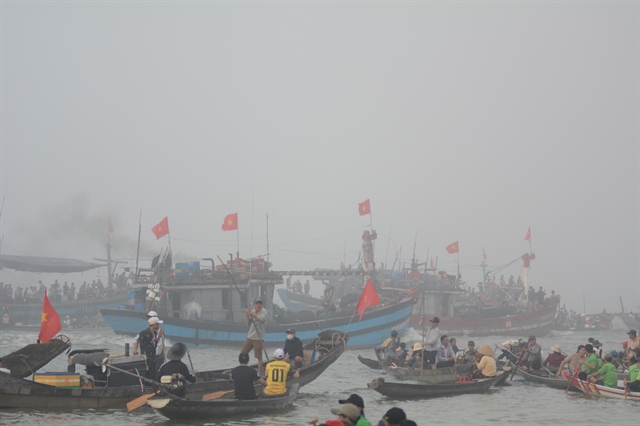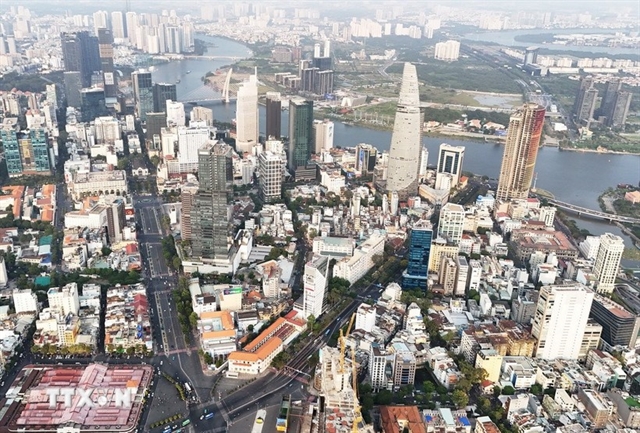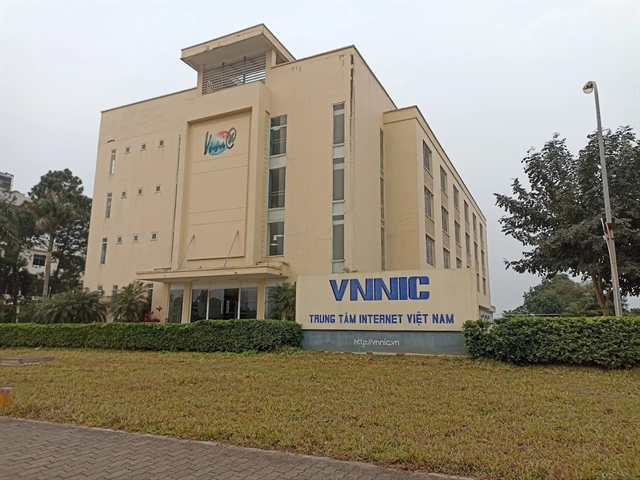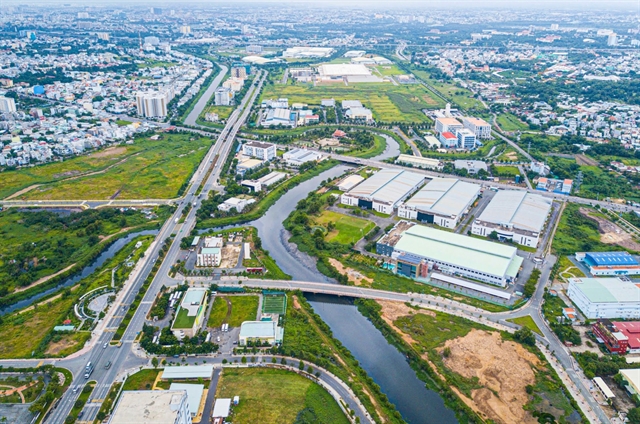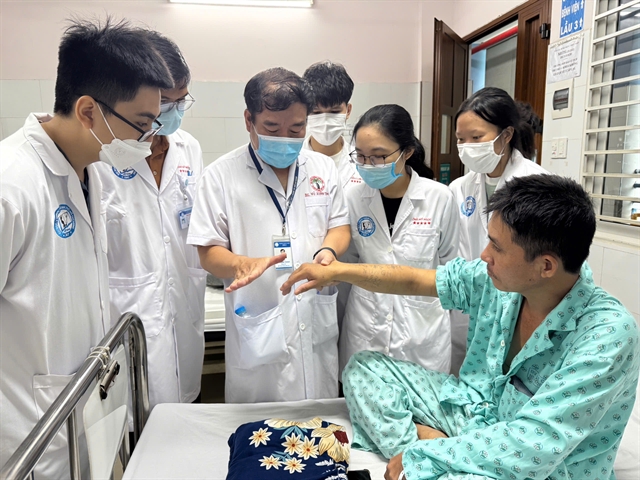 Opinion
Opinion
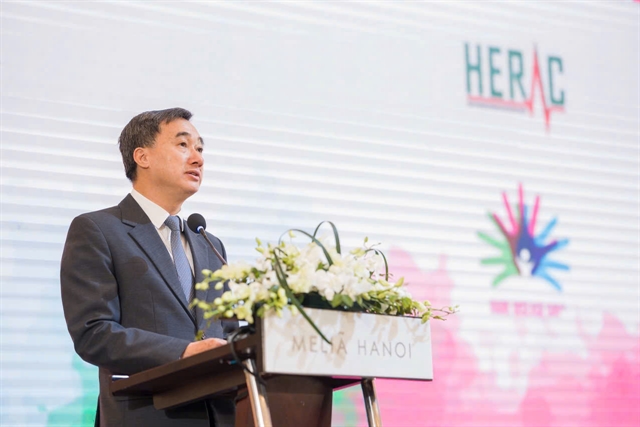
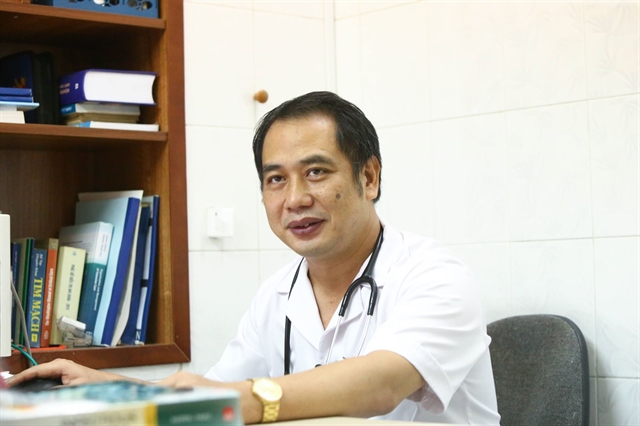
|
| Vice director of the National Hospital for Tropical Diseases Nguyễn Trung Cấp. — VNA/VNS Photo |
Vice director of the National Hospital for Tropical Diseases Nguyễn Trung Cấp spoke to Vietnam News Agency about risks faced by frontline workers who recovered from COVID-19.
Many COVID-19 patients in Việt Nam, after recovering from the disease, have volunteered to work on the front line to assist medical workers. Is there any scientific proof that people are at less risk of being infected again after recovering from COVID-19?
As COVID-19 was first detected in late 2019, there were few studies about re-infection.
According to a study of more than 20,000 healthcare workers in the UK, titled SARS-CoV-2 Immunity and Reinfection Evaluation (SIREN), most people who catch and recover from COVID-19 are likely to be immune for several months afterwards.
The study concluded that immune responses from past infections reduce the risk of catching the virus again by 83 per cent for at least five months.
Another study by the US’ University of Missouri School of Medicine found that COVID-19 re-infection among people who recovered from COVID-19 is 0.7 per cent with an average infection time of 116 days. The rate is much lower than that among people who have never been infected with SARS-CoV-2 and it is almost the same as the infection rate among vaccinated people.
Other studies show that there is no difference in disease development between re-infected people and those infected for the first time.
The resurgence of the COVID-19 pandemic in Việt Nam is putting great pressure on the country’s healthcare system. What do you think about people recovering from COVID-19 helping on the front line?
As recovering patients face less risk of catching the virus again by 83 per cent for at least five months, they might be “safer” when helping on the front line rather than those who have never been infected with the virus or are yet to get vaccinated.
In fact, many medical workers were infected with SARS-CoV-2. After being given the all-clear, they resumed working at COVID-19 treatment areas and volunteered to do work that posed high risk of infection.
The COVID-19 reinfection rate is low, but it is still possible. Reinfected COVID-19 patients still face the same risks as first-time infected patients. So, they must take preventive measures and get COVID-19 vaccines as soon as possible.
The fourth wave of COVID-19 in Việt Nam since late April has caused more than 211,000 cases. Of those, about 68,800 have been given the all-clear. Should we ask for help from recovered patients in COVID-19 prevention and control activities?
In the fight against the COVID-19 pandemic, besides health workers, we also need other people to take care of logistics work, transporting and helping patients.
People who recovered from COVID-19 or those who ave been fully vaccinated face fewer risks of infection. If we can get them to participate in front line work, they could help reduce the burden on medical workers. — VNS

